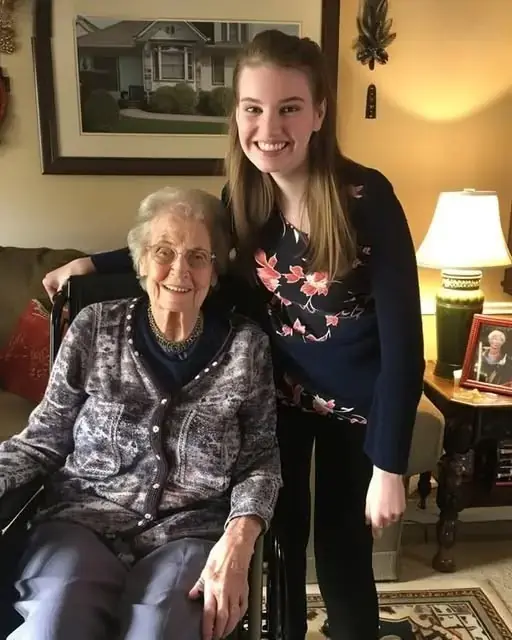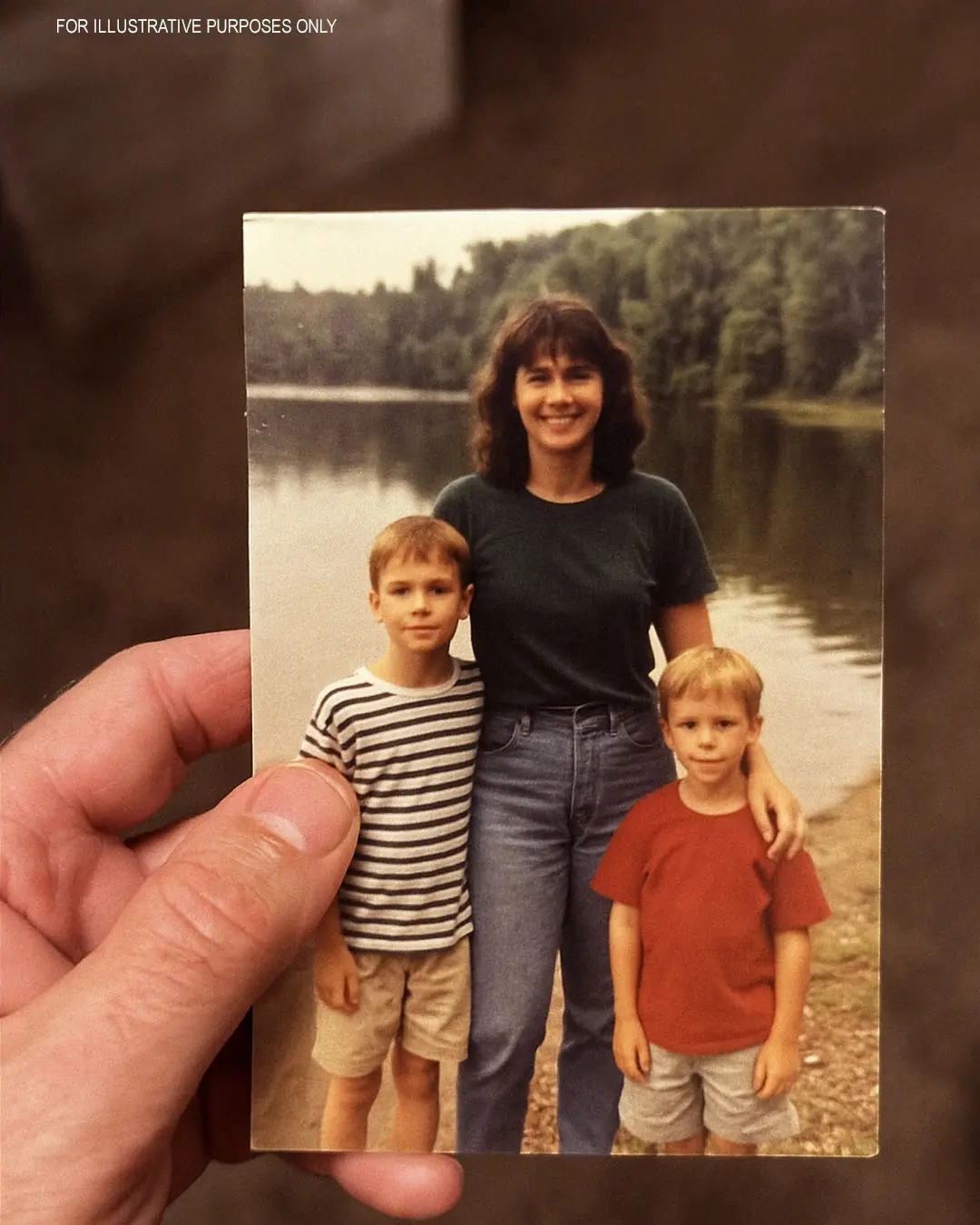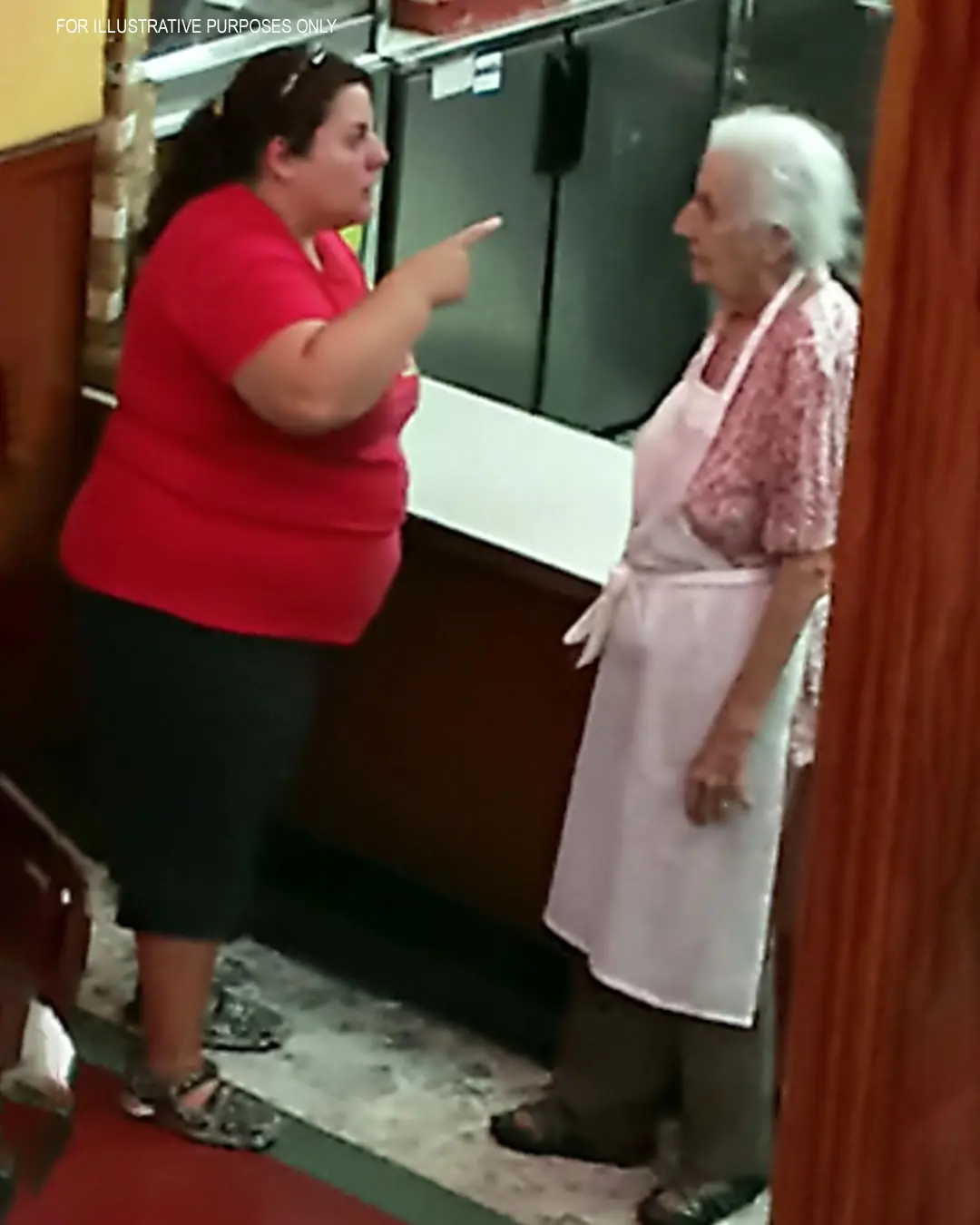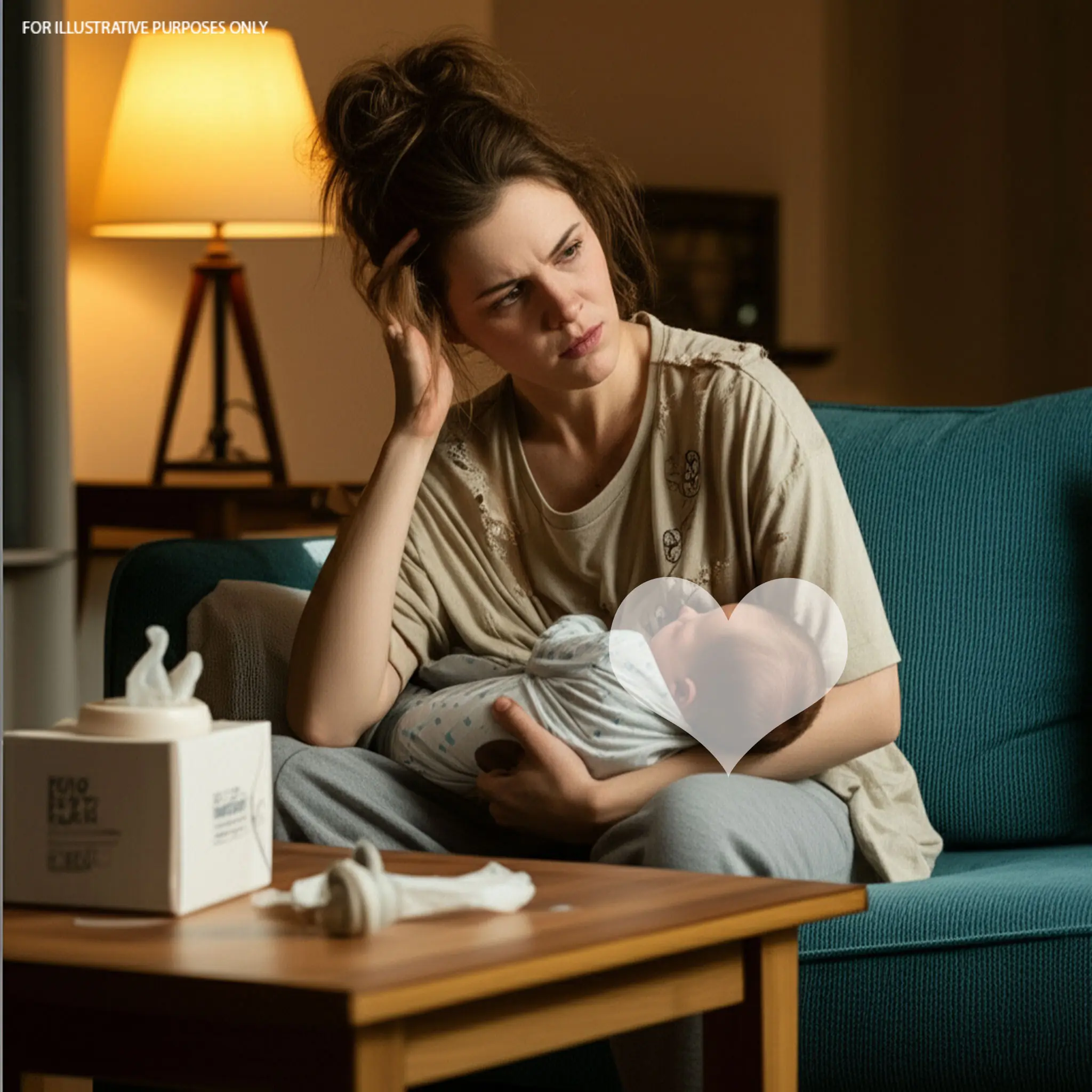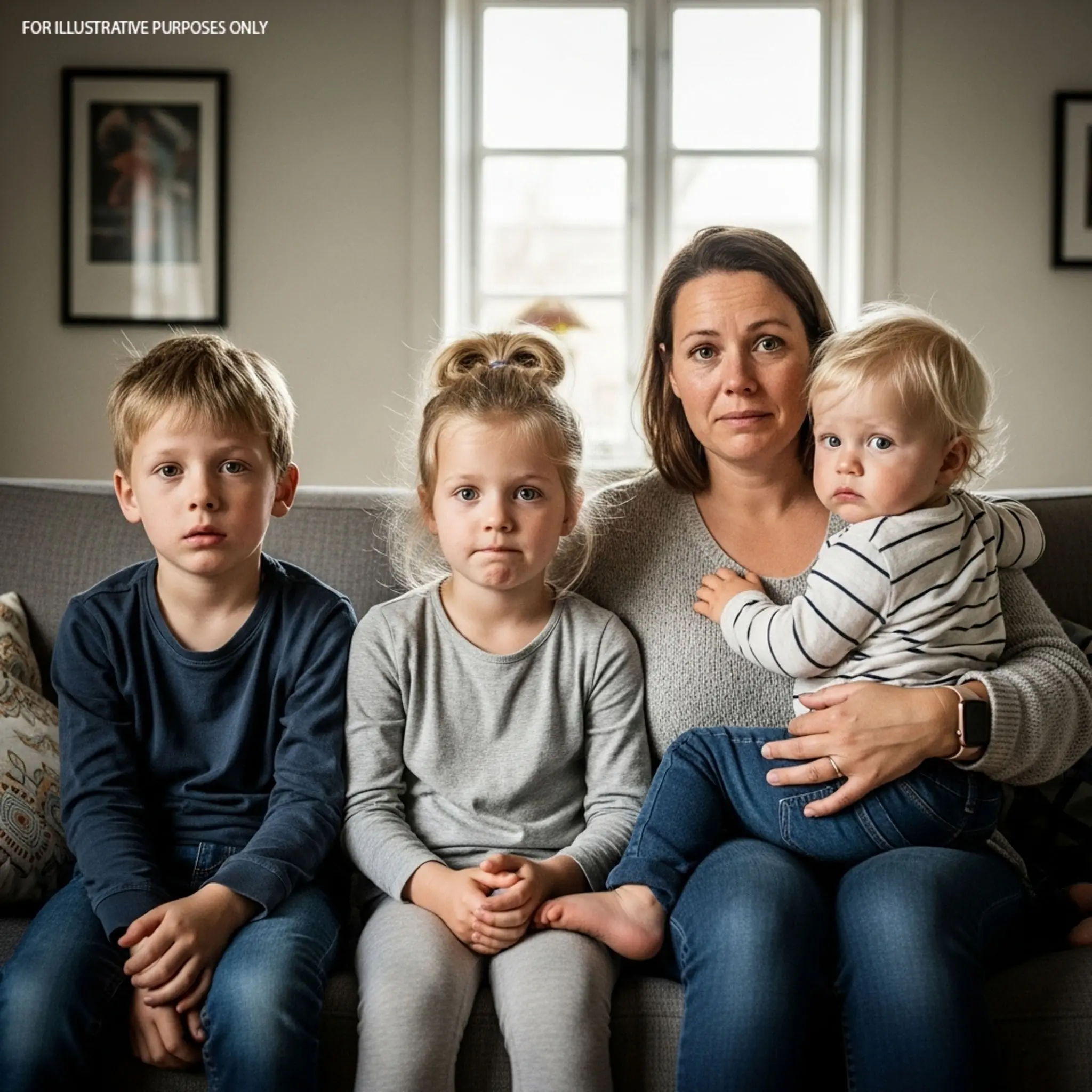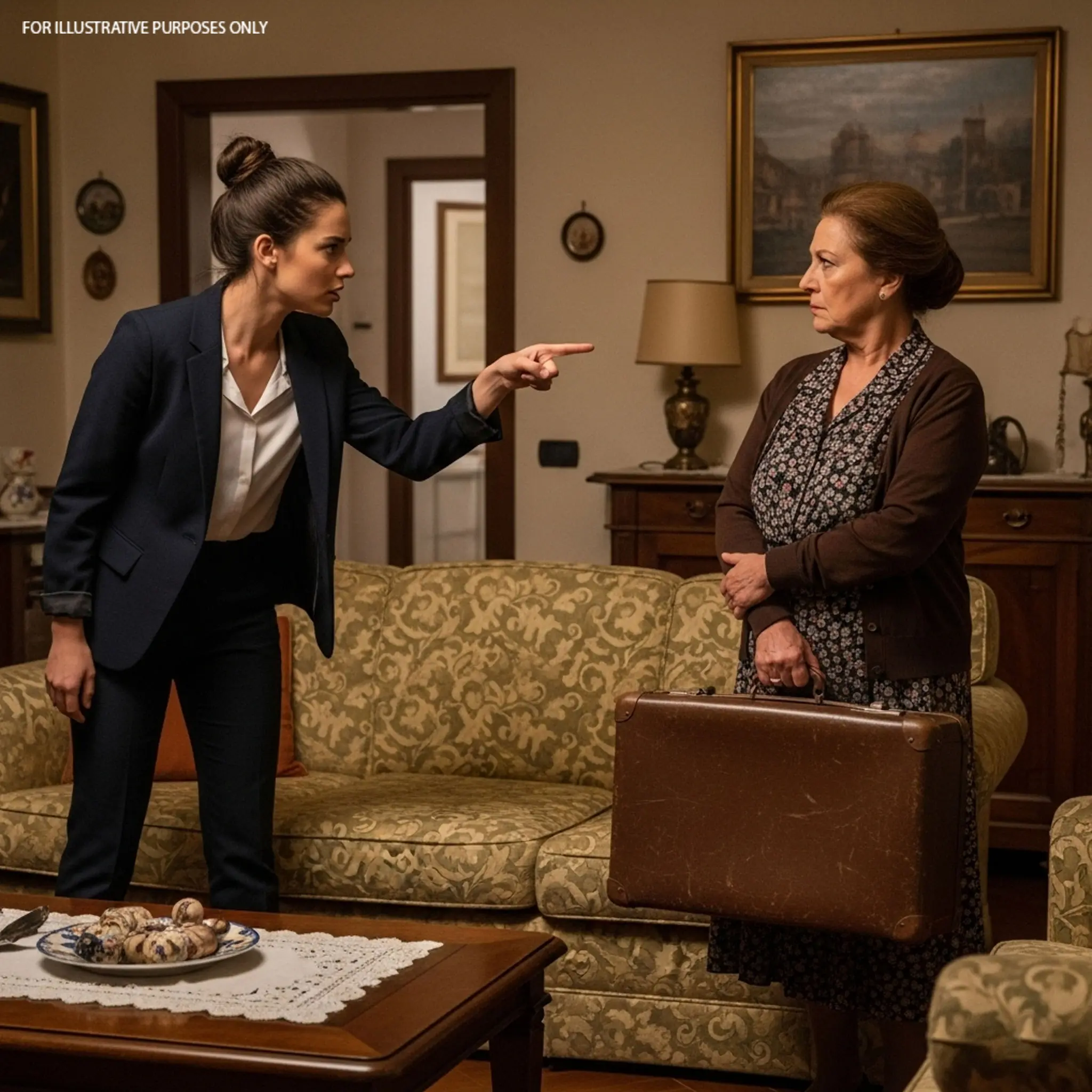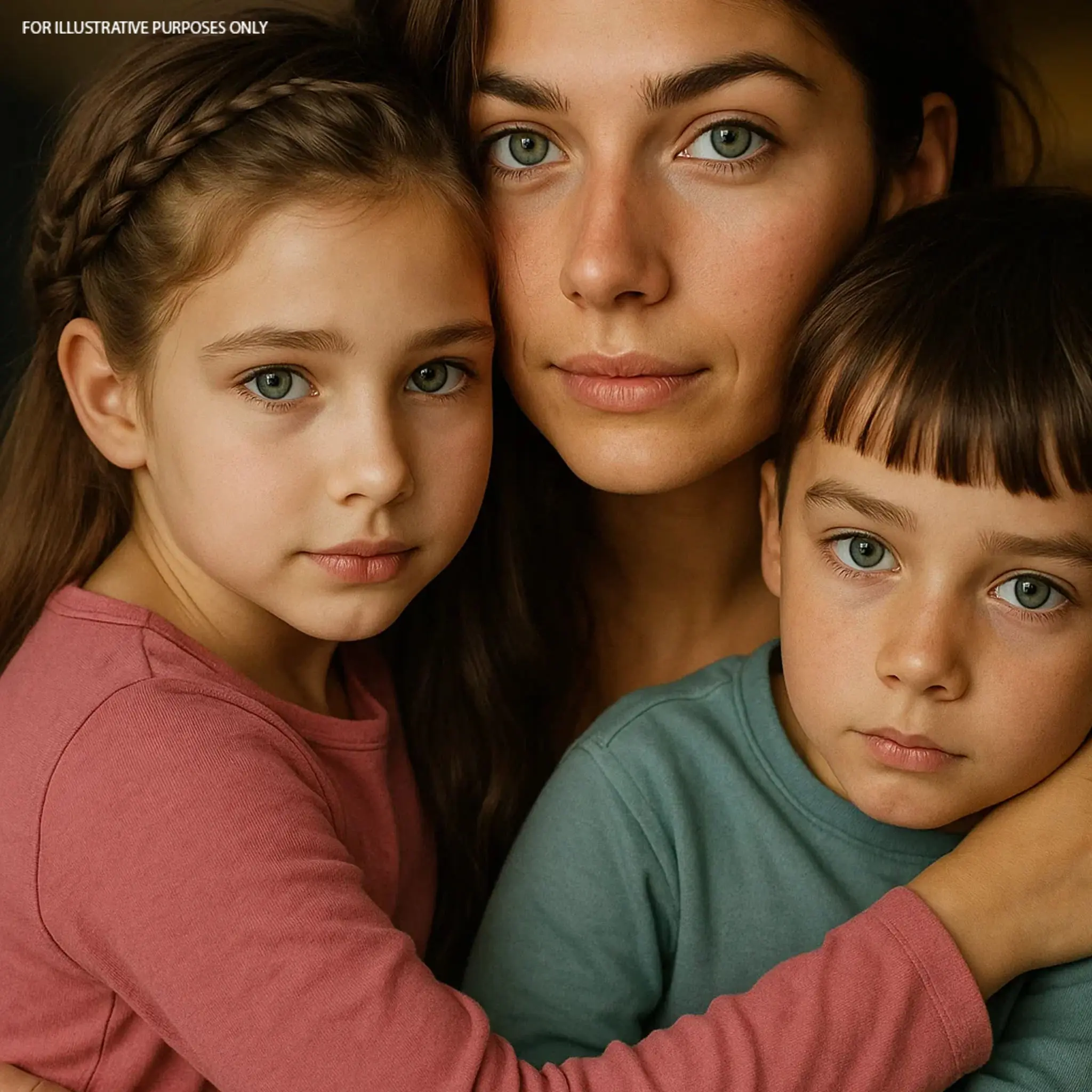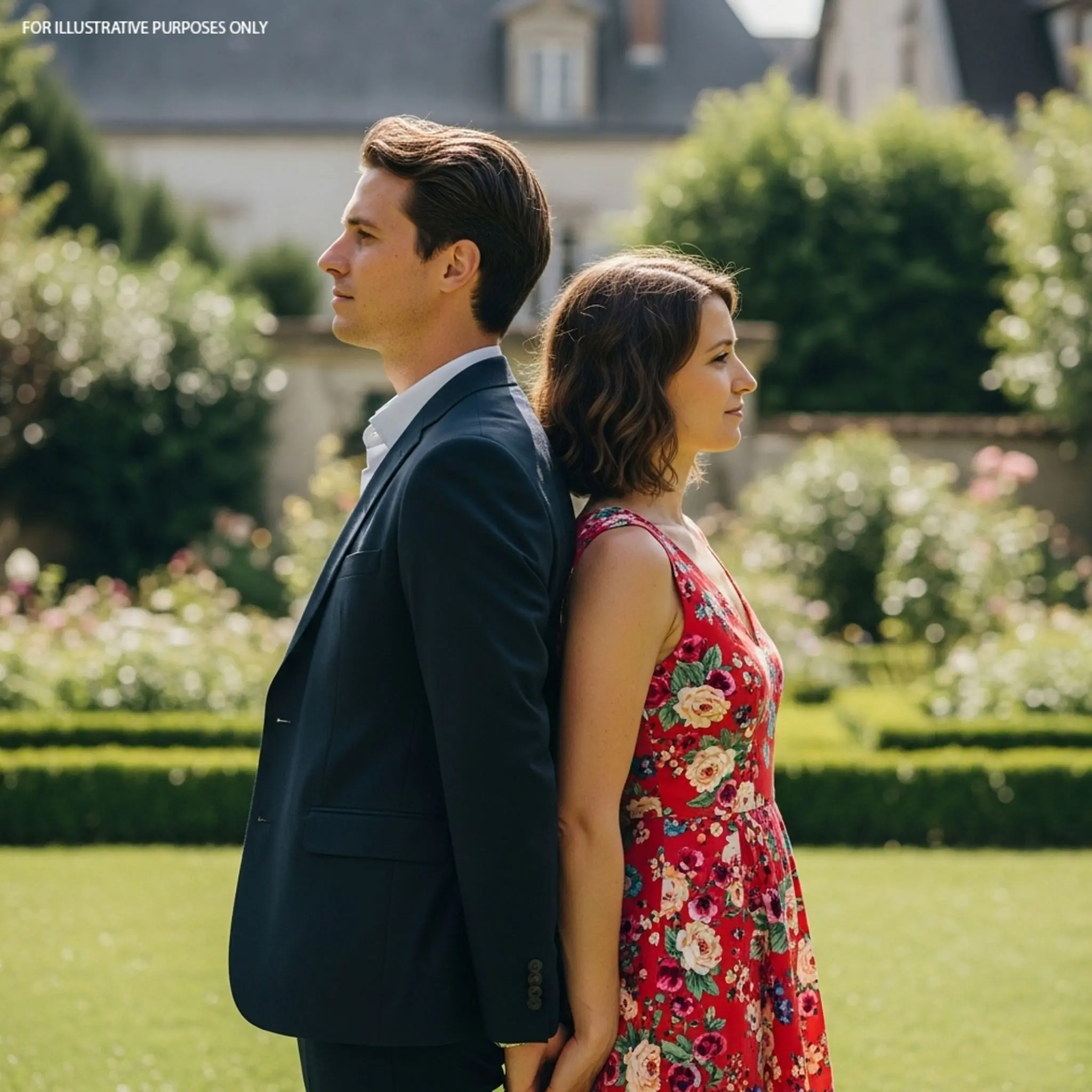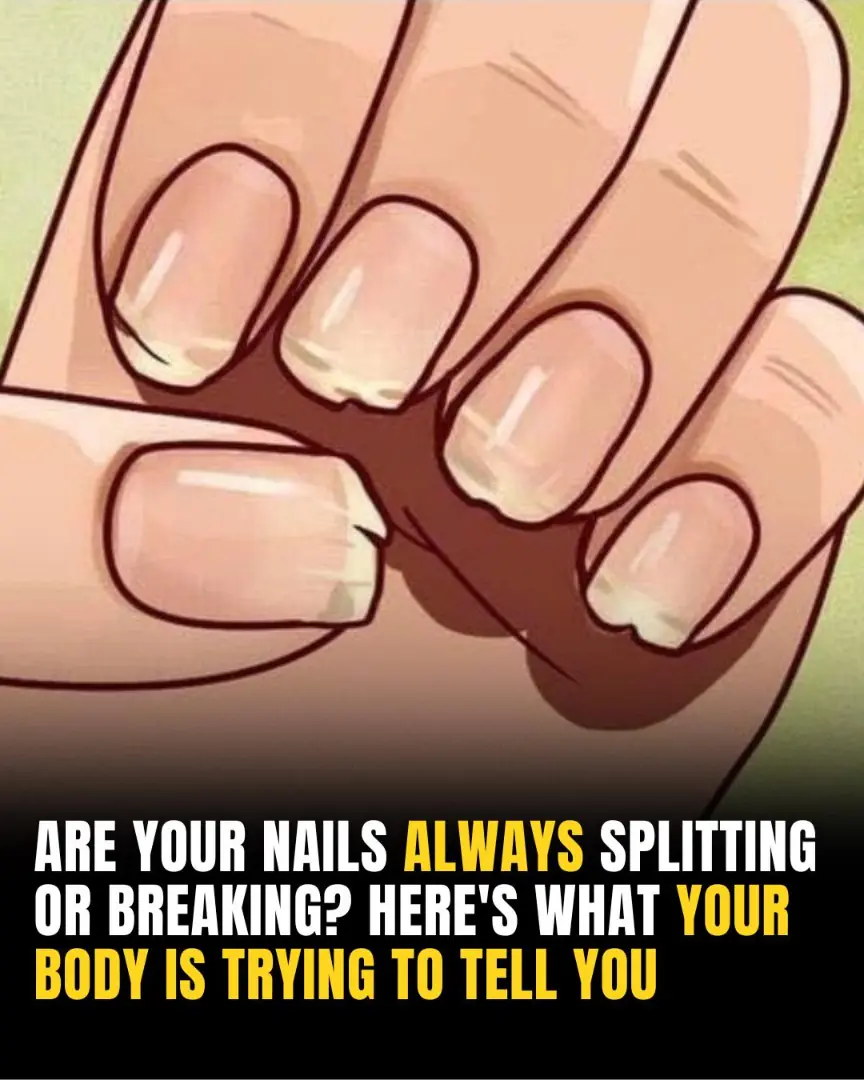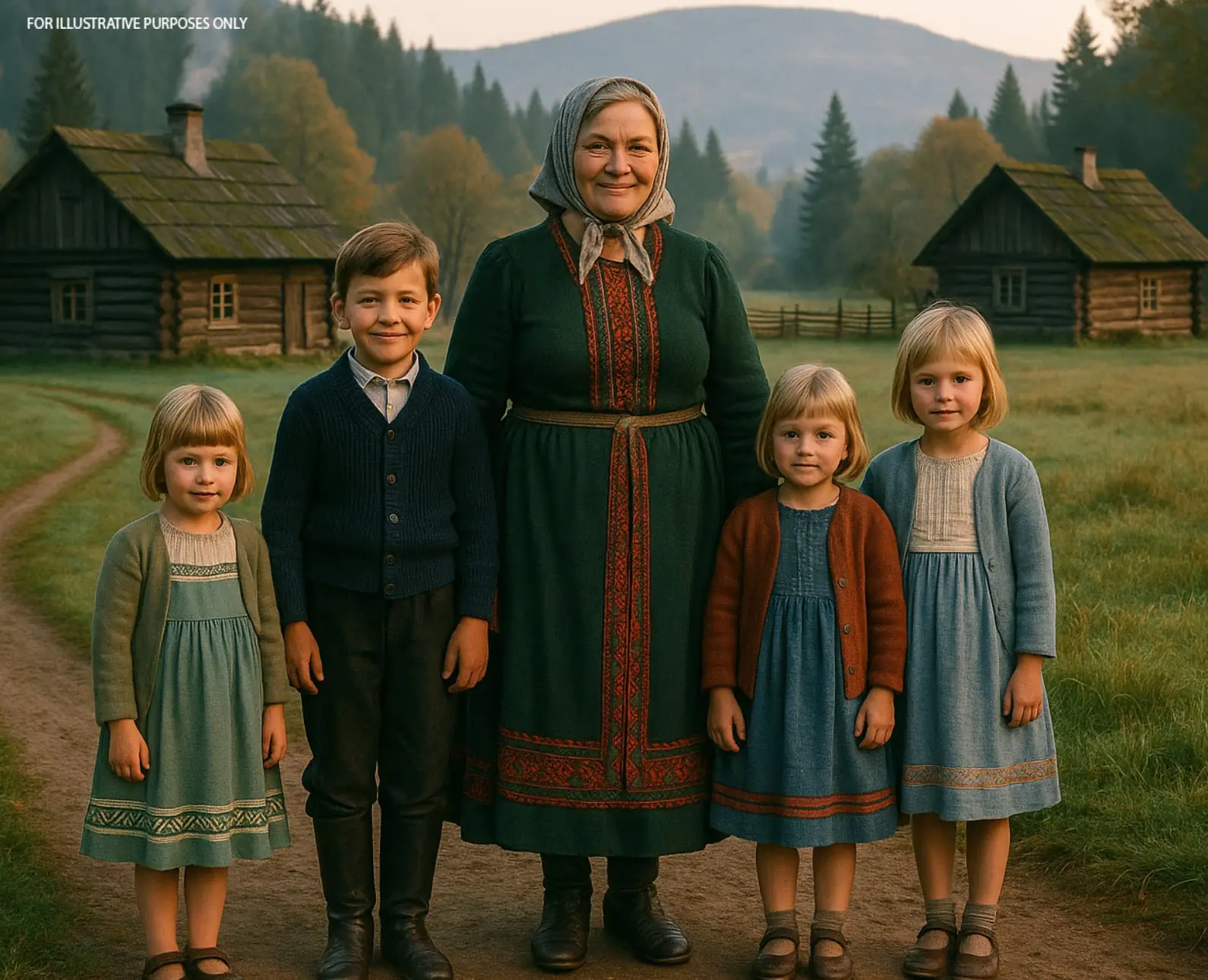Irina has quietly endured the weekly disruptions caused by her husband's family, always putting her own needs aside to cater to them. But after a year of criticism, unwarranted interference, and constant disrespect, she finally finds the courage to stand

Irina stood by the window, watching the wind scatter the leaves across the yard. In an hour, the usual Sunday gathering of her husband’s relatives would begin, turning her cozy apartment into a busy place. She sighed, absentmindedly adjusting the folds of the new tablecloth – the fifth one this year. The previous ones had been ruined by her husband’s nieces, leaving stains from tea and lipstick on the once-pristine fabric.
“Irka, have you seen my fancy tie?” came her husband’s voice from the bedroom.
“It’s on the top shelf of the wardrobe,” she replied without turning, her response automatic.
Viktor, her husband for thirty years, could never find his things without her help. And just as he never noticed the effort his wife put into hosting his relatives every week.
The doorbell rang earlier than expected. As usual, Olga, Viktor’s younger sister, showed up with her two teenage daughters.
“Irka, hello!” Olga barged in with her usual enthusiasm. “We’re a bit early today; mom asked me to help with the pies. You don’t mind, do you?”
Without waiting for an answer, Olga made her way to the kitchen, tossed her coat onto the bench, and started bustling about. Her daughters rushed to the living room, cranking up the TV to full volume.
“Aunt Irina, has the Wi-Fi password changed?” one of them yelled from the other room.
Irina silently pulled an apron from the cupboard. Her kitchen, once her sanctuary, was now preparing for another busy day. Olga had already started clattering pots and pans.
“Why don’t you have salt in a shaker? You should always have it properly arranged,” Olga remarked with feigned surprise. “Mom always says a good housewife has everything in its place.”
Irina bit her lip, resisting the urge to snap. These constant hints about her inadequacies had been wearing her down for a year. Since she had retired, her mother-in-law seemed to think Irina was now obligated to host the entire family every Sunday.
Before Irina could respond, the doorbell rang again.
It was Tamara Pavlovna, her mother-in-law, imposing as always with a bag full of containers.
“Vitya!” she boomed, walking past Irina without a second glance. “Son, where are you? I’ve brought you your favorite jelly!”
Viktor rushed out, adjusting his tie as he came into the kitchen.
“Mom, why are you here so early?”
“Is it not okay for a mother to visit her son?” Tamara Pavlovna said dismissively, inspecting the kitchen with a critical eye. “Irina, why is your stove dirty again? I’ve told you a hundred times—wipe it down after cooking.”
Irina’s hands trembled, but she didn’t respond. The stove was spotless—she cleaned it every evening, but arguing with Tamara Pavlovna felt pointless.
“And these curtains…” her mother-in-law continued, “I told you to hang maroon ones like mine. These light ones are stained.”
Irina thought to herself, They’re stained from your constant family gatherings, but she remained silent.
There was a crash from the living room—it seemed the nieces had knocked something over.
“Oh, Aunt Ir, the vase is a little…” one of them began.
“It’s not just a little, it’s broken!” the other interrupted with a giggle. “The blue one, the one you didn’t like.”
Irina’s heart sank. The vase was a cherished gift from her late mother. She closed her eyes and counted to ten, trying to hold back the tears.
“Irka, what’s wrong?” Olga nudged her with her hip, squeezing past her to the fridge. “Come on, help! Mom, did I do it right with the dough? It’s so stiff?”
Tamara Pavlovna nodded approvingly.
“That’s how you do it, dear. That’s what makes a real housewife, not like some…” She trailed off with a pointed look toward Irina.
The tension was building.
Soon, other relatives arrived: Uncle Kolya, Viktor’s cousin and her husband, and a few distant acquaintances Irina had never met. The apartment buzzed with chatter, like a disturbed hive.
“Let’s move the furniture!” Olga suddenly suggested. “The couch should go by the window; it’ll be cozier.”
“Good idea!” Tamara Pavlovna supported her. “Irina, what are you standing there for? Help move it!”
Irina felt her heart drop. She and Viktor had carefully chosen that couch, and it was in her favorite spot for reading, right by the wall.
“Maybe we shouldn’t…” Irina began.
“What do you know about interiors?” Tamara Pavlovna waved her off. “Vitya, help the girls!”
Viktor obediently stood and began moving the furniture. Irina felt powerless, watching the home she had carefully arranged for years fall apart.
“Aunt Ir, can we hang out in your bedroom?” her nieces squeaked. “The TV’s bigger, and the bed’s more comfortable.”
Without waiting for an answer, they rushed off to the bedroom. Irina winced as the sound of laughter and furniture being shifted reached her ears.
“Mom, look at this funny photo of Aunt Ir!” one of the nieces called out. “Is that her when she was young? With that hairstyle?”
Irina’s heart clenched—they were flipping through her personal photo album, one she had kept in the bedside table. It contained her most cherished memories: pictures of her parents, her first meeting with Viktor, their wedding day.
“Irina!” Tamara Pavlovna’s voice snapped her back to reality. “What’s this salad you’ve served? Why does the mayonnaise taste so sour? Are you cutting corners on the groceries?”
“The mayonnaise is fresh, Tamara Pavlovna,” Irina replied quietly, her voice trembling.
“Don’t mind her, Mom,” Olga cut in. “I’ll make my special salad. I know how to do it right.”
Irina stepped away, retreating to the window. Her heart ached. Over the past year, she had become invisible in her own home. Her belongings were moved, ruined, and her space invaded without hesitation.
“Vitya,” her mother-in-law’s voice rang out again from the kitchen, “Why is Irina walking around looking so gloomy? Is she sick? My neighbor’s daughter-in-law was always upset, and it turned out she had high blood pressure…”
“Mom, stop,” Viktor finally spoke up, his voice uncertain.
“What did I say wrong?” Tamara Pavlovna huffed. “I’m just concerned for her! Look at her borscht—it’s like slop!”
The nieces giggled, and Olga snorted loudly.
“Yeah, Irina never could cook,” she added. “Remember, Vitya, how she over-salted the cake on your birthday?”
Irina’s blood ran cold. That wasn’t true. The cake had been praised by everyone, but no one seemed to remember. It was Olga’s salad that had been over-salted. But it didn’t matter anymore.
Irina stood up, her voice unexpectedly firm.
“Enough.”
A stunned silence spread across the room. Everyone froze, staring at Irina, who had always been the quiet, submissive hostess.
“What did you say?” Tamara Pavlovna was the first to recover.
“I said—enough,” Irina repeated. “Enough of the criticism, the mockery, and the intrusion into my life.”
“Irka, what’s going on with you?” Olga began, but Irina cut her off.
“No, now you listen to me. I’ve put up with this for a year. You come uninvited, criticize everything I do, and your children—” she looked at her nieces, “—turn my home into a circus. I’ve stayed silent while you moved my furniture, ruined my things, and dug through my personal albums…”
Viktor slowly rose from his seat, looking at his wife as though seeing her for the first time.
“You know what hurts the most?” Irina continued. “It’s not your rudeness. It’s that you don’t even realize how much you hurt others. For you, it’s normal. But from today—no more. This is my house. MINE. And here, my rules apply.”
“How dare you…” Tamara Pavlovna gasped.
“I dare, Tamara Pavlovna. Yes, I dare. You want to visit? Fine. But by invitation. You want to talk? Let’s do it respectfully. If not—there’s the door,” Irina pointed to the exit.
“Vitya!” Tamara Pavlovna cried, clutching her chest. “Do you hear what your wife is saying? This is… this is a rebellion!”
All eyes turned to Viktor. He stood there, shifting his gaze between his wife and his mother, torn. For the first time in thirty years, he had to make a choice.
“Mom,” he finally spoke, his voice stronger now, “Irina is right.”
“What?!” Olga jumped from her chair. “Have you lost your mind?”
“No,” Viktor walked over to Irina and stood beside her. “I’ve just realized. This is Irina and my home. And I’ve been blind to how much pain my cowardice has caused her.”
The nieces fell silent, huddling together on the couch. Tamara Pavlovna turned pale.
“So, that’s it?” she asked. “You’re putting your own mother on the doorstep? After everything I’ve done for you?”
“Mom, stop,” Viktor said firmly. “No one’s being put out. Irina is right—this is about respect. We’ll communicate, but as equals.”
“Well, fine!” Tamara Pavlovna declared, heading toward the door. “Come on, Olga! Let’s leave her to her little kingdom! Let’s see how she does without us!”
“And good riddance!” Olga added, pushing her daughters toward the door. “What a joke! Not like we wanted to stay anyway.”
Five minutes later, the apartment was quiet again. Irina sat on the couch, her knees trembling. Viktor sat beside her, taking her hand gently.
“I’m sorry,” he whispered. “I was a fool.”
She nodded silently, unable to hold back her tears. All the emotions that had built up for a year were finally pouring out.
“You know,” Viktor continued, “I didn’t understand. I thought family traditions and Sunday dinners were enough. But in reality, I was letting them disrespect you.”
“I’m so tired, Vitya,” Irina whispered. “Tired of being nobody in my own home.”
“It won’t happen again,” Viktor squeezed her hand tightly. “I promise.”
The next week passed in quiet. The phone didn’t ring—neither Tamara Pavlovna nor Olga called. Irina started putting the apartment back the way it was: she moved the couch back, rearranged things, and bought a new vase—not as beautiful as her mother’s, but still blue.
The following Sunday, the phone rang.
Irina jumped, but Viktor gently placed his hand on her shoulder.
“I’ll answer.”
At the door stood Tamara Pavlovna—quiet, almost hesitant.
“Can I come in?” she asked, for the first time ever waiting for an invitation.
Irina nodded. Her mother-in-law stepped inside, holding a small package.
“I baked a pie…” she began. “Using your mom’s recipe. The one you always praised, Irina.”
The “Irina” sounded so unfamiliar, Irina gasped.
“Come in, Tamara Pavlovna,” she said. “Tea is ready.”
They sat in the kitchen, and for the first time in a long time, the silence felt different. Tamara Pavlovna sipped her tea slowly, glancing at her son and daughter-in-law.
“I’ve been thinking all week,” she finally spoke. “And you know… I’m ashamed. You were right, Irina. I… we… lost our way. I forgot what it’s like to be a young housewife when the mother-in-law is constantly pointing things out.”
Viktor looked at his mother in surprise.
“Did you…”
Have a mother-in-law? Tamara Pavlovna smiled bitterly. “Oh, yes! She did everything wrong, nothing was right… And then, when she was gone, I promised myself I’d never be like her. And here I am…” she spread her arms. “Forgive me, daughter. If you can.”
Irina felt her eyes well up with tears again, but these were different.
“Let’s try again,” she said softly. “But differently. With respect.”
From that day on, many things changed. Sunday gatherings became less frequent, but more heartfelt. Olga learned to call in advance, and the nieces began to ask for permission. Tamara Pavlovna no longer ordered things around; her advice was gentle and respectful.
And Irina... Irina finally felt like the true hostess—not just of her home, but of her life. Every evening, as she sat with a book on her favorite couch, she knew: sometimes, you just need the courage to say “enough” for everything to fall into place.


